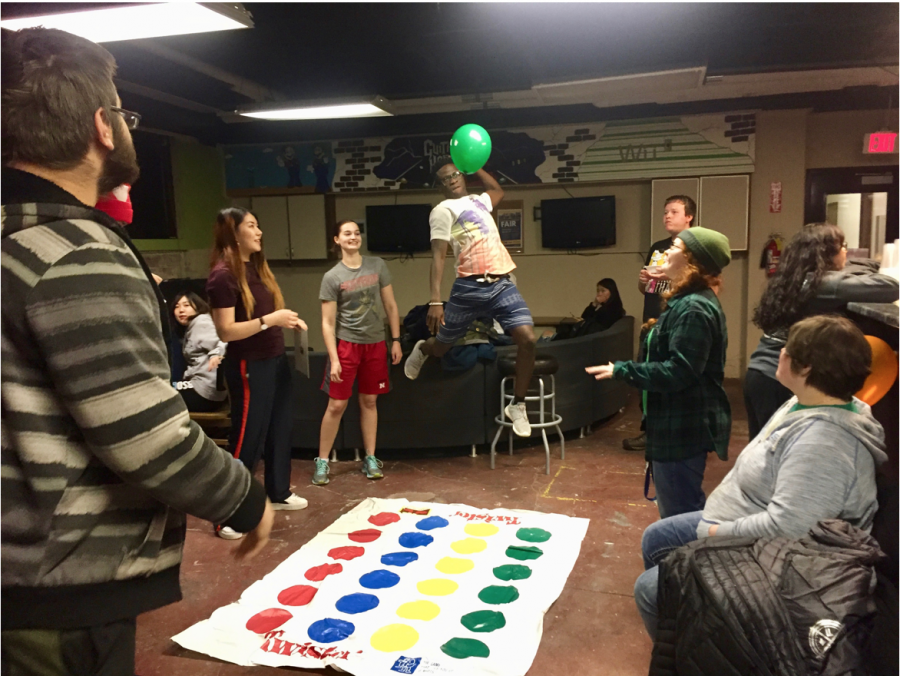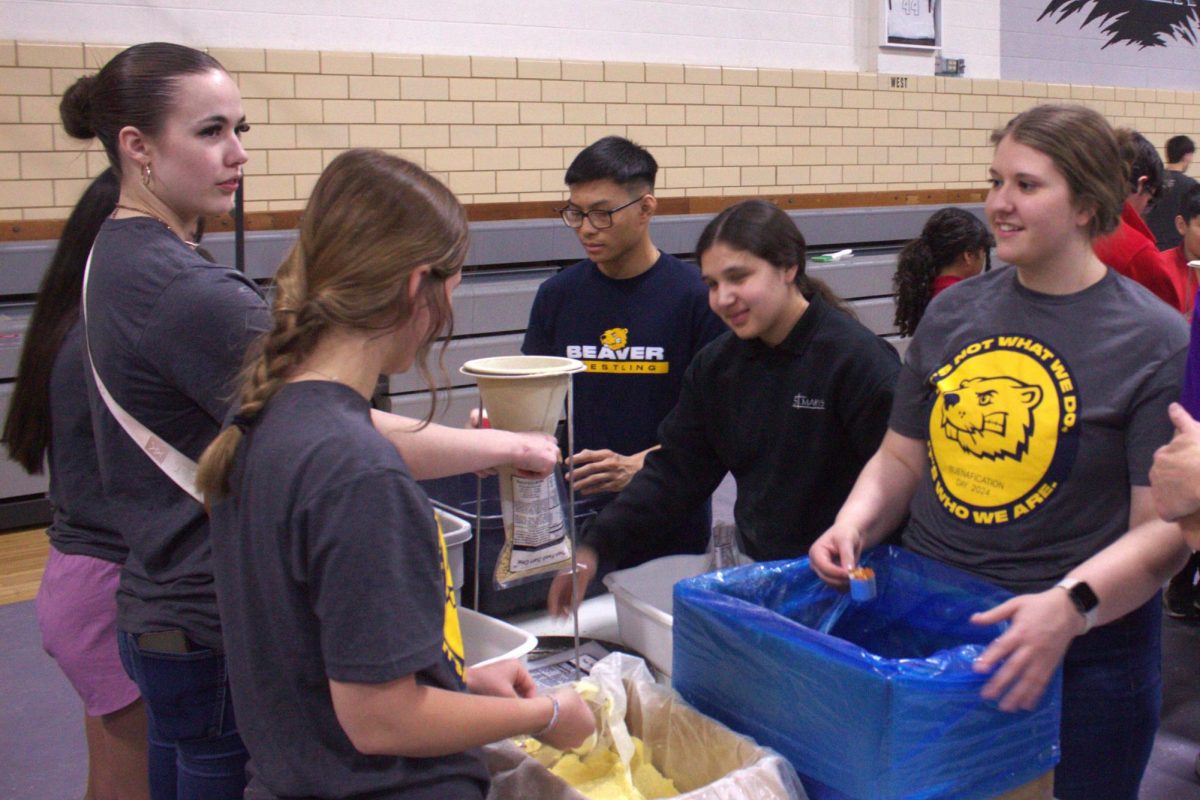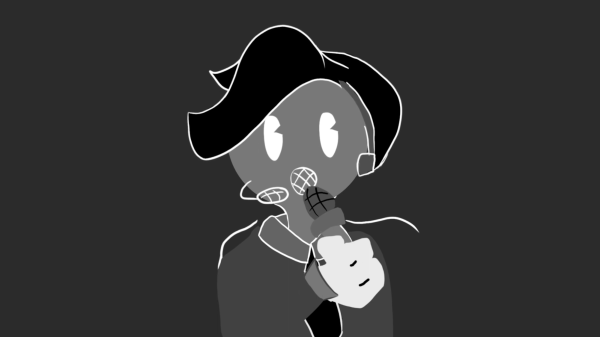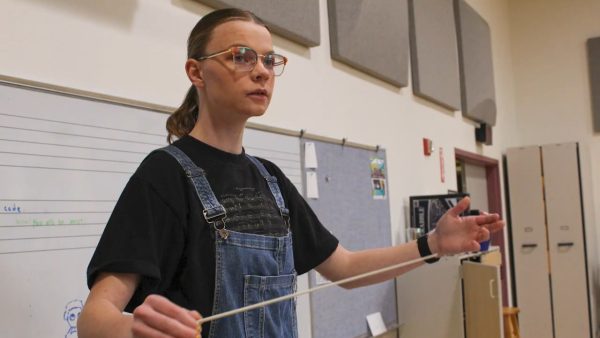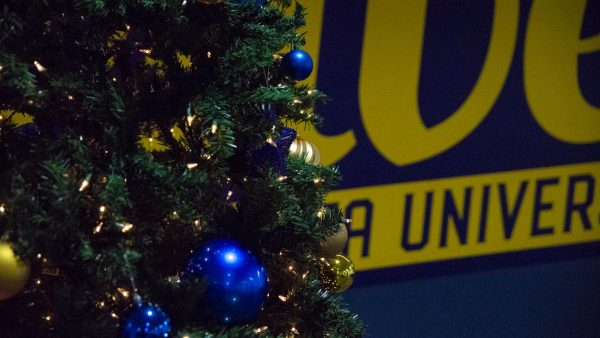Chinese New Year Event Celebrates Year of the Dog
February 24, 2018
A celebration honoring the Chinese Lunar New Year was held in Smith Hall Underground at 7:00 p.m. on Febr. 21, where the Buena Vista University Asian Culture Club (ACC) spoke about tradition and cultures of the Lunar New Year. Delicious Chinese snacks were served to accompany the observation of this holiday.
ACC holds fun activities and events to educate and provide opportunities for the campus to embrace Asian culture and traditions. Cris Xun, senior business major is president of the organization. She spoke about Asian culture at this event.
According to Xun, Chinese Lunar New Year is considered the most important holiday in China, and began on Febr. 16. This year is the “Year of the Dog.” This celebration honors households, heavenly gods, and ancestors in Chinese culture. Families get together and feast to commemorate the New Year. The celebration lasts about 15 days.
This New Year observation focuses in abundance on reunion with family. Countries known to partake in this holiday include, but are not restricted to, Singapore, Indonesia, Malaysia, Korea, Thailand, Vietnam, Cambodia, Mauritius, Australia, and the Philippines, according to Xun.
The Chinese Zodiac symbolizes each year as an animal. Each New Year marks the characteristics of one of the zodiac animals. There are 12 of these: rat, ox, tiger, rabbit, dragon, snake, horse, sheep, monkey, rooster, dog and pig. Each one determines personality traits and the type of life you’ll lead, according to Chinese culture.
Rituals during the Chinese New Year include a complete focus on the family. Business life is all but abandoned. The entire house is cleaned to discard it of bad luck which may have accumulated throughout the past year. This new pristine condition of the house is also meant to please the gods, who may come to scrutinize the home.
Lucky messages/words are also posted on household gates. People also may set off firecrackers to scare the evil spirits away. Money is given to children by their older family members to celebrate growing a year older.
Several symbols are used to represent aspects of the Chinese New Year. Red envelopes are a gift stocked with money which are presented to children or unemployed adults who have not yet been married. The dragon is another symbol which depicts peace for the whole country.
Food is a communal way that people of Chinese culture celebrate this holiday. The food is much alike what is served the rest of the year, but it symbolizes luck for the New Year. For example, noodles are cooked for an extra long time to give people long lifetimes. Peanuts also bring this long life blessing, and are added to potsticker filling.
Coins are also inserted inside one dumpling to give luck to the person who consumes it.
“I got it twice,” Xun joked.
Citrus fruits bear wealth, luck and status. Candied nuts and seeds convey fertility, and desserts hold the assurance of a sweet life in the New Year.
Xun closed her presentation with an invitation to stay and celebrate the Chinese Lunar New Year by playing Twister, eating dumplings and potstickers, and have a wonderful time with friends to bring in a lucky New Year.



